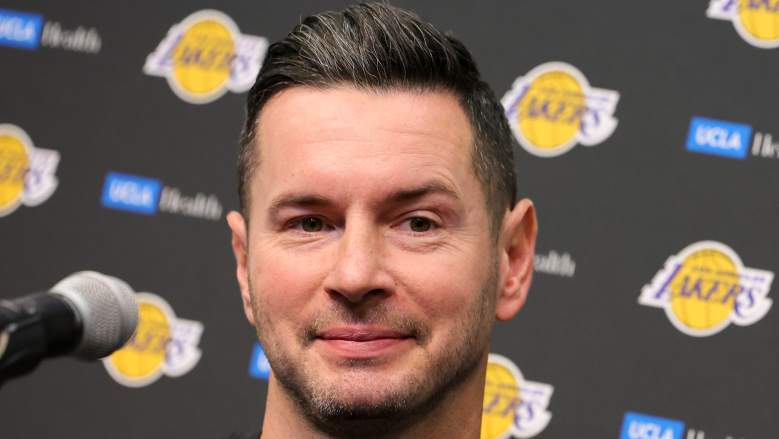Big tech companies spent several months this year touting their investments in nuclear power. Now, the tide is turning to renewables.
Google announced on Tuesday that it was funding $20 billion worth of renewable power projects across the U.S. On Wednesday, it was Microsoft’s turn, helping to launch the Climate and Communities Investment Coalition with Acadia Infrastructure Capital.
The coalition, which is organized by Acadia, is seeking to invest $9 billion to build 5 gigawatts’ worth of renewable power, enough to power nearly 1 million homes.
“Renewable energy … will continue to expand without corporations. With corporations, the pace becomes exponential,” Brian O’Callaghan, vice president at Acadia, told Reuters.
Microsoft has already used the coalition to invest in a 210-megawatt solar farm in Texas with additional backing from the Sustain Our Future Foundation, a nonprofit that uses grants to help communities benefit from renewable energy development. Climate tech investors have been exploring the use of so-called catalytic capital, which can help spur additional private investment in technologies or regions that might otherwise be overlooked.
Unlike Google’s announcement, Microsoft hasn’t tied these renewable power projects to any specific current or planned data centers. It’s likely that the renewable energy credits, or RECs, will flow into Microsoft’s general coffers, much the same as RECs from other renewable energy developments the company has supported.
Acadia expects to build the projects over the course of five years.
Tim De Chant is a senior climate reporter at TechCrunch. He has written for a wide range of publications, including Wired magazine, the Chicago Tribune, Ars Technica, The Wire China, and NOVA Next, where he was founding editor. De Chant is also a lecturer in MIT’s Graduate Program in Science Writing, and he was awarded a Knight Science Journalism Fellowship at MIT in 2018, during which time he studied climate technologies and explored new business models for journalism. He received his PhD in environmental science, policy, and management from the University of California, Berkeley, and his BA degree in environmental studies, English, and biology from St. Olaf College.
Subscribe for the industry’s biggest tech news



















 English (US) ·
English (US) ·